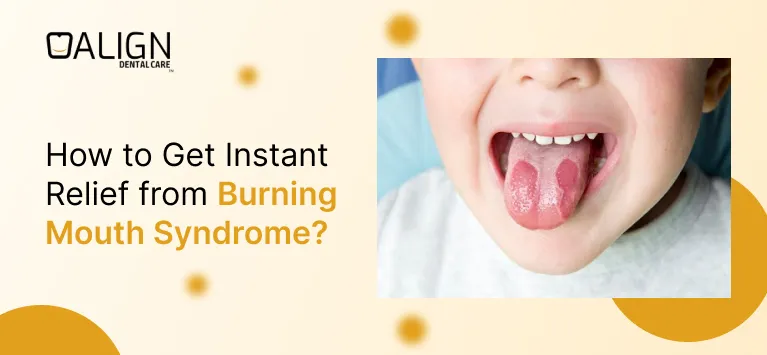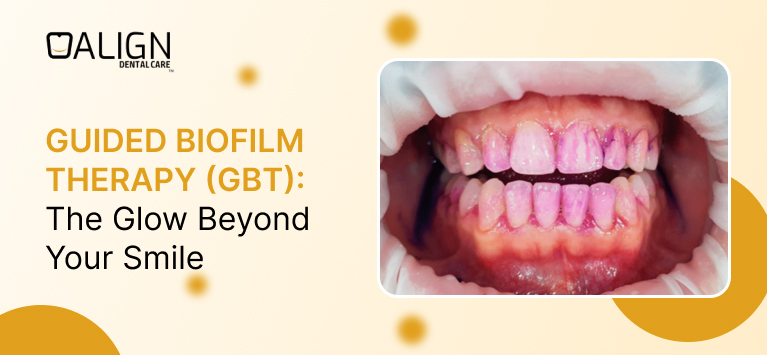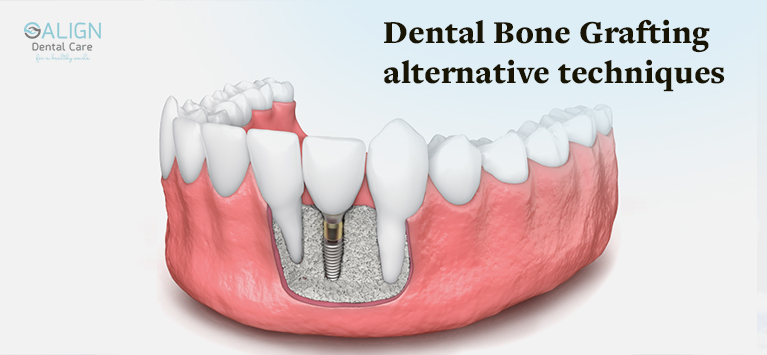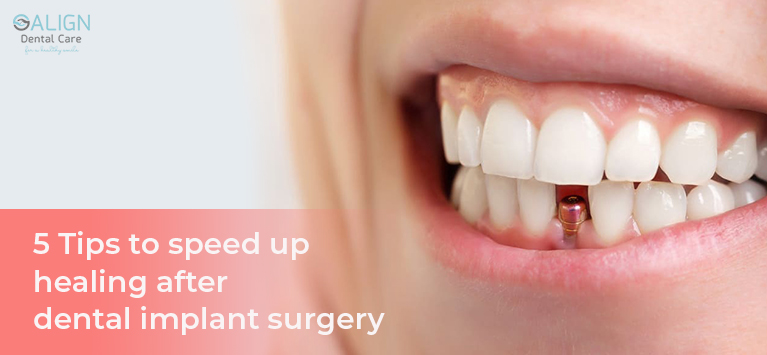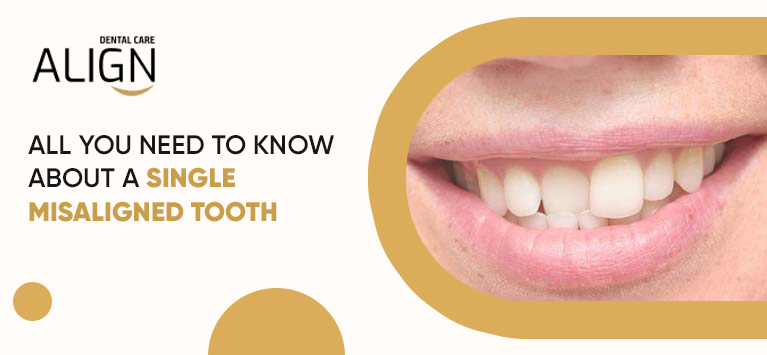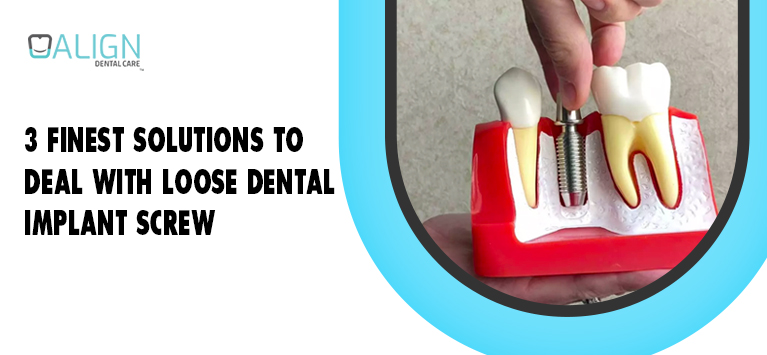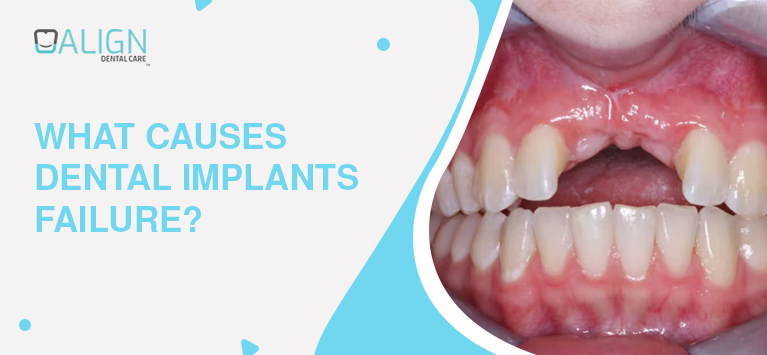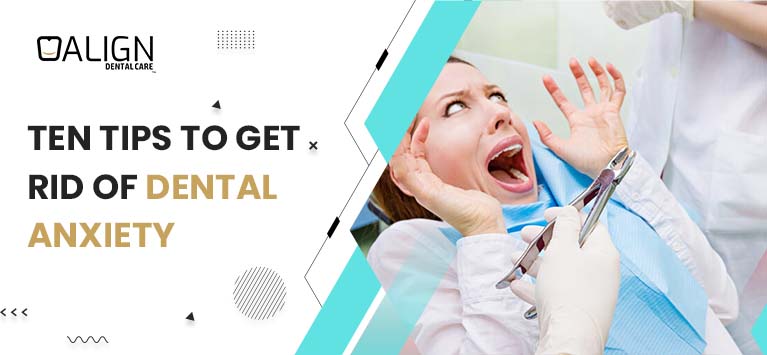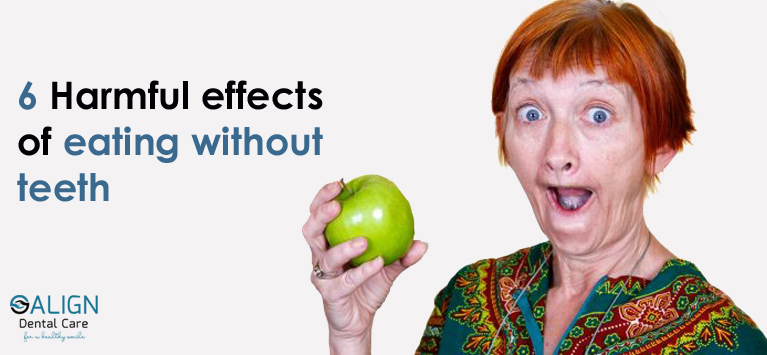
6 Harmful effects of eating without teeth
Apart from the social embarrassment, speech impediment and cosmetic flaws, missing teeth will cause many long-term irreversible damages to your health if you prefer eating with no teeth.
Few people feel convenient in eating with missing teeth or without appliances like dentures. Despite they become familiar with this practice, it will become detrimental to their mouth and health over time. This article deals with the harmful consequences of eating up without teeth.
1) Gum problems
Our teeth are responsible for applying adequate force to chew cuisines to swallow. In general, the biting force of our teeth is around 200 to 250 pounds whereas the force applied with a denture is below 100 pounds.
This depicts eating without teeth will the gums to work harder to masticate foods. In such cases, the gums have to exert additional pressure to chew soft foods that do not need much chewing force.
Chewing with bare gums will irritate the underlying tissues and it is followed by pain, bleeding, abrasion. This will probably end in severe gum diseases.
2) Jaw bone problems
The pressure applied from teeth while biting and chewing is vital for our jaw bone. Without such pressure, the bone begins to dwindle which brings many facial changes like sagging chins. Dentists reveal that jawbone weakening will occur if the pressure is not equally distributed over the bone because of a missing tooth or multiple teeth.
Moreover, the chewing force exerted on the jaw bone by bare gums or even dentures is not same as our natural teeth. Besides resorption, the jawbone will be weakened and prone to fractures and serious problems Temporomandibular Joint Disorders (TMJ) if you continue to eat without teeth.
3) Risk of losing other teeth
As mentioned earlier, the biting force applied with bare gums is not identical to the chewing force exerted with teeth.
If you persist to eat without teeth and let your gums work harder for chewing and swallowing, the jaw bone will become weaker. This makes the jawbone loses its support to the remaining teeth and eventually end in the remaining teeth fall out.
4) Improper enzyme Production
Digestive enzymes are produced by stomach, pancreas and small intestine to break down the swallowed fragments for digestion. When we chew foods, the taste receptors inform the digestive tract to release the enzymes. This process will not take place if you do not chew the foods properly else you will develop indigestion problems.
As stated above, people with missing teeth cannot chew the foods properly. It clearly shows that such people are highly vulnerable to problematic conditions like GERD, Gallstones, Crohn’s disease, Celiac disease, ulcerative colitis, etc.
5) Gastrointestinal complications
When you do not chew the food properly and swallow large-sized food fragments, it results in incomplete digestion as the swallowed particles are too large to break down. This makes the colon difficult to absorb nutrients. Thus the indigestion problems arise with missing teeth are followed by protruding many nutrient deficiency diseases.
Moreover, the large food particles also feed the harmful microbes in the body and make you vulnerable to certain bacteria, fungal diseases.
6) Lack of Saliva Production
Saliva plays a crucial role in oral hygiene and digestion problems. Chewing indices salivary glands to produce more saliva. Such increased salivary flow flushes away the microbes and other disease-causing agents in our mouth. Meanwhile, the salivary glands also produce an enzyme called amylase that also helps digestion.
This means inefficient chewing intervene in the salivary production process that ends in various oral problems and indigestion.
Bottom line
Missing teeth affect the way you bite and chew your favorite cuisines. As grinding with bare gums is detrimental to our gums, jawbones and digestive tract, taking soft foods is a way to avert such problems but it does not deliver the long term solutions you want.
Hence you should replace the missing teeth with prosthetic appliances like dental implants, dentures, dental bridges or others recommended by your dentist.






